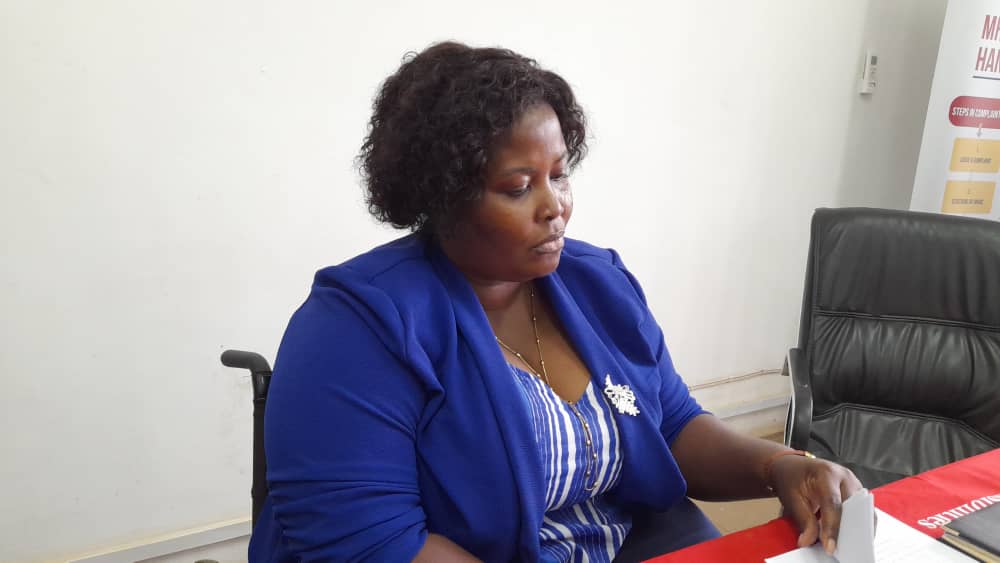The Malaŵi Human Rights Commission (MHRC) says it has noted with great concern with what it calls deteriorating situation of the country’s current social, political and economic issues.
MHRC Chairperson Commissioner Scader Louis has told a media briefing in Lilongwe that issues to do with rising cost of living, persistent power blackouts, fuel scarcity, among others have left Malawians being infringed various human rights.
She said: “The Commission has noted 12 key emerging issues in Malawi which have a greater bearing on the protection, enjoyment and promotion of human rights as enshrined in the Constitution of Malawi (Chapter IV).
“And a number of international and regional human rights instruments including the International Covenant on Economic, Social and Cultural Rights (ICESCR), the International Covenant on Civil and Political Rights (ICCPR) and the African Charter on Human and Peoples Rights (ACHPR).”
MHRC has since recommended government to address the current cost of living rise, review social protection programme and work on export competitiveness.
“The Government should urgently address the current rising cost of living and fuel scarcity problems. There is need for Government officials including Malawi Energy Regulatory Authority (MERA) to provide accurate and regular updates to the nation on the fuel crisis.
“The Government must review the Social Protection programme in terms of design, implementation and reach to ensure its effectiveness in cushioning the vulnerable Malawians who are experiencing the adverse effects of the rising cost of living and shortage of fuel,” she recommended.
Commissioner Louis said government is duty bound to act on the issues raised to the interest of all Malawians.
“The Commission notes that the issues raised in the statement are a reflection of the reality on the ground, and therefore the State is duty-bound to act on them in the public interest.
“The Constitution of Republic of Malawi is clear on this State’s obligation in Section 12,” she noted.





